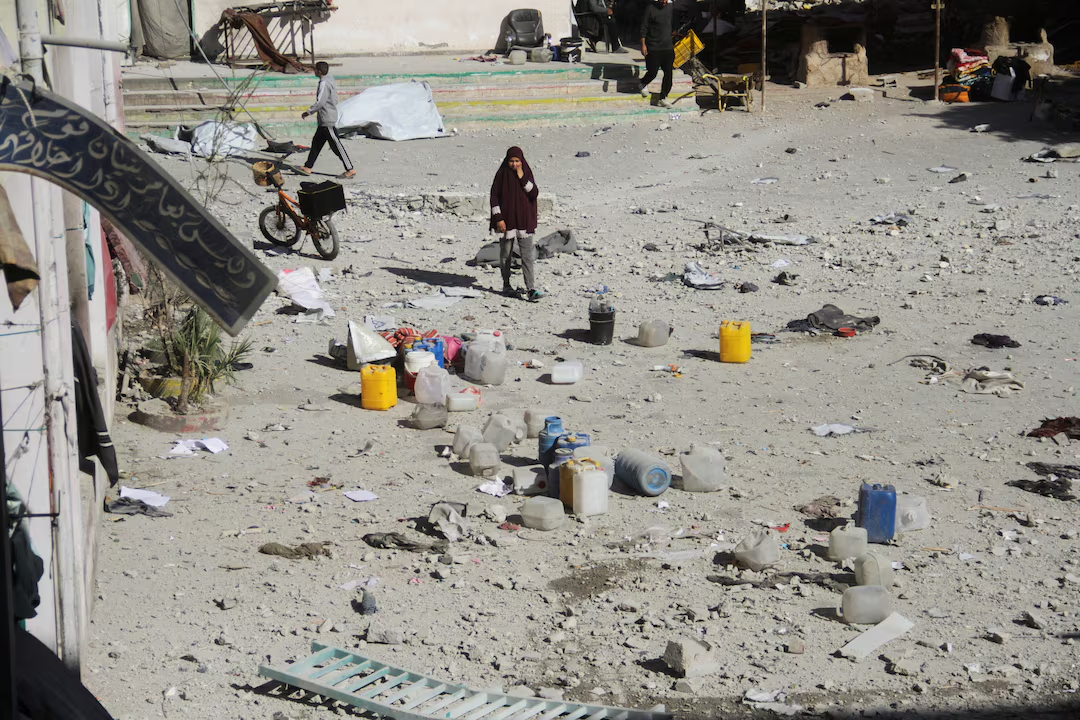A fresh ceasefire proposal for Gaza is gaining traction, offering a glimmer of hope in a conflict that has seen unrelenting violence, immense civilian suffering, and growing international pressure. What sets this new plan apart is the inclusion of strong diplomatic assurances—particularly from the United States—aimed at paving the way for broader negotiations to end the war once and for all.
The proposed agreement, currently under active discussion, seeks to halt ongoing hostilities between Israel and Hamas through a phased plan that combines humanitarian relief with political engagement. At its core, the deal outlines a multi-stage ceasefire, which would begin with a mutual cessation of violence, followed by prisoner exchanges, and a gradual increase in aid delivery to Gaza.
However, the most notable element of this new proposal is the emphasis on post-ceasefire diplomacy. U.S. officials are reportedly playing a critical role by committing to a framework that would not only solidify the truce but also lay the groundwork for future talks on a more permanent resolution to the conflict. This includes assurances of international mediation, rebuilding efforts in Gaza, and the eventual discussion of key political issues that have remained unresolved for decades.
Diplomats familiar with the plan suggest that there is a growing consensus around the need to break the cycle of short-term truces that lead back to violence. Instead, the focus is now shifting toward a broader roadmap that addresses root causes—blockades, displacement, political fragmentation, and regional instability.
For the people of Gaza, who have endured intense bombardment and humanitarian catastrophe, the promise of peace remains fragile but essential. This latest effort has been welcomed by various humanitarian organizations, who see it as a crucial opportunity to restore access to water, electricity, medicine, and food for millions of civilians trapped in dire conditions.
Meanwhile, political analysts caution that deep mistrust on both sides, as well as conflicting regional interests, could derail the process unless substantial progress is made quickly. However, the involvement of high-level international players, combined with domestic political shifts and war fatigue, has created an atmosphere where compromise may be more achievable than in previous attempts.
As momentum builds, the world watches closely. Whether this initiative will finally mark a turning point or become another missed opportunity depends on the willingness of all parties to prioritize peace over power. Still, for many, the new ceasefire plan is a rare and much-needed step toward ending one of the most intractable and heartbreaking conflicts of our time.
















Leave a Reply